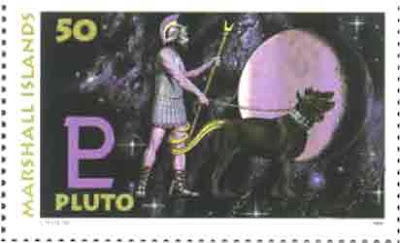

from Gardens: An Essay on the Human Condition by Robert Pogue Harrison--
"There is no doubt that Meneleus would opt for Elysium over Hades—any of us would—but would he gladly give up his worldly life prematurely for that garden existence? It seems not. Why? Because earthly paradises like Dilmun and Elysium offer ease and perpetual spring at the cost of an absolute isolation from the world of mortals—isolation from friends, family, city, and the ongoing story of human action and endeavor. Exile from both the private and public spheres of human interaction is a sorry condition, especially for a polis-loving people like the Greeks. It deprives one of both the cares and the consolations of mortal life, to which most of us are more attached than we may ever suspect. To go on living in such isolated gardens, human beings must either denature themselves like Utnapishtim, who is no longer fully human after so many centuries with no human companionship other than his wife, or else succumb to the melancholia that afflicts the inhabitants of Dante’s Elysian Fields in Limbo, where, as Virgil tells the pilgrim, sanza speme vivemo in disio, we live in desire without hope. As Thoreau puts it in Walden, “Be it life or death, we crave only reality” . If Meneleus took that craving for reality with him to Elysium, his everlasting life there is a mixed blessing indeed..."